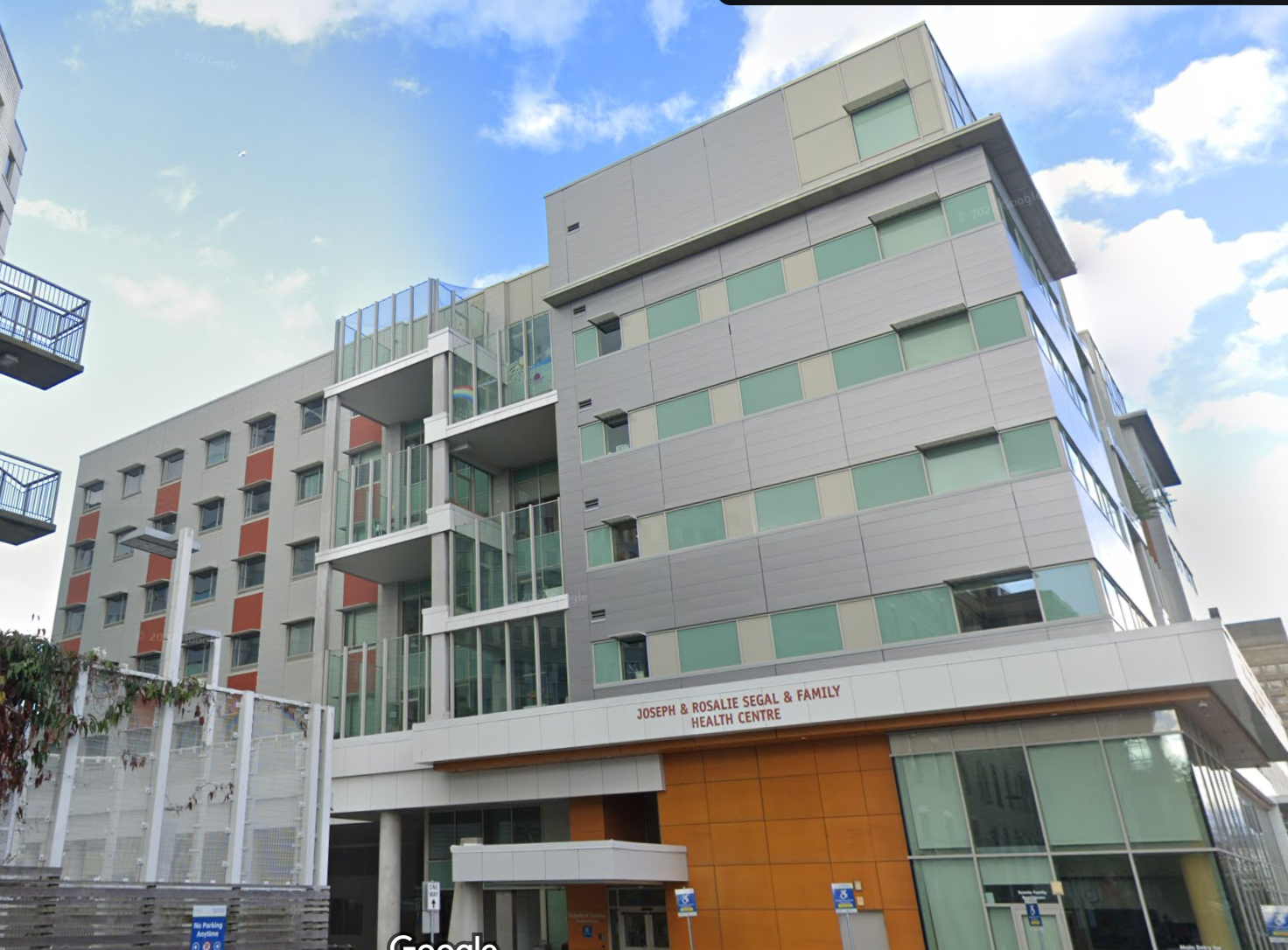Canada hospital apologises for mentioning assisted suicide programme to woman seeking help for suicidal thoughts
Kathrin Mentler says she was offered medical assistance in dying treatment after seeking psychiatric help

A hospital in Vancouver has apologised for mentioning “medical assistance in dying” (MAID) to a patient who sought psychiatric care after experiencing suicidal thoughts.
Kathrin Mentler, 37, told The Globe and Mail that she went to Vancouver General Hospital in June seeking treatment after her condition of long-term chronic depression was aggravated by a traumatic event.
She said she was told by a clinician that the system was “broken”, and there would be a lengthy wait to see a psychiatrist.
Ms Mentler told the news site she was then asked: “Have you considered MAID?”
A spokesperson for Vancouver Coastal Health, which operates the hospital, confirmed to The Independent that assisted dying was raised during the conversation, but said it was done to assess her risk of suicide rather than as a suggestion.
“For patients who present with suicidality, staff complete a clinical evaluation with each client and explore all available care options, which may include questions about whether they have considered Medical Assistance in Dying (MAiD) as part of the patient’s contemplations,” the spokesperson said.
“We understand this conversation could be upsetting for some patients, and we share our deepest apologies for any distress caused.”
Medical assistance in dying has been legal in Canada since 2016 for terminally ill residents.
The law was expanded in 2021 to people living with debilitating disabilities or pain, even if their lives aren’t at immediate risk.
The Canadian government has since paused a planned extension to make assisted dying available to patients suffering from mental illness alone.
Ms Mentler, a counseling student, told The Tyee that she had long lived with depression, anxiety and chronic suicidal thoughts, but still found joy in life.
“That day my goal was to keep myself safe,” she told the publication. “I was thinking of maybe trying to get myself admitted to hospital because I was in crisis.”
She said it was upsetting to be told of another patient who had found “relief” in death.
“That made me feel like my life was worthless or a problem that could be solved if I chose MAID,” Ms Mentler told The Tyee.
The issue of assisted dying has divided the medical community and religious activists in Canada and the United States, where it is legal in 10 states and Washington DC.
Advocates such as Dying With Dignity describe the procedure as “driven by compassion, an end to suffering and discrimination and desire for personal autonomy.”
But some human rights advocates and religious groups say the regulations are open to abuse, lack necessary safeguards, and can devalue the lives of disabled people.
Four more states, New York, Massachusetts, North Carolina and Pennsylvania are considering enacting assisted dying legislation.
Last December, a retired Canadian army colonel and Paralympian testified before a Canadian veterans affairs committee that she was offered medical assistance in dying while fighting to have a wheelchair lift installed in her home.
Christine Gauthier testified that a veteran affairs case worker had written to her offering to provide a device she could use to take her own life, prompting an apology from Prime Minister Justin Trudeau.
Three other disabled veterans had been offered the same option, according to reports in Canadian media.
In July, Lisa Pauli, a 47-year-old who had struggled with anorexia for decades, told Reuters that she was looking forward to the MAID legislation being expanded to allow people who suffer from mental conditions to legally take their own lives.
If you are experiencing feelings of distress and isolation, or are struggling to cope, call National Suicide Prevention Helpline on 1-800-273-TALK (8255). The Helpline is a free, confidential crisis hotline that is available to everyone 24 hours a day, seven days a week. If you are in another country, you can go to www.befrienders.org to find a helpline near you.
If you are based in the UK, the Samaritans offers support; you can speak to someone for free over the phone, in confidence, on 116 123 (UK and ROI), email jo@samaritans.org, or visit the Samaritans website to find details of your nearest branch.
Subscribe to Independent Premium to bookmark this article
Want to bookmark your favourite articles and stories to read or reference later? Start your Independent Premium subscription today.

Join our commenting forum
Join thought-provoking conversations, follow other Independent readers and see their replies